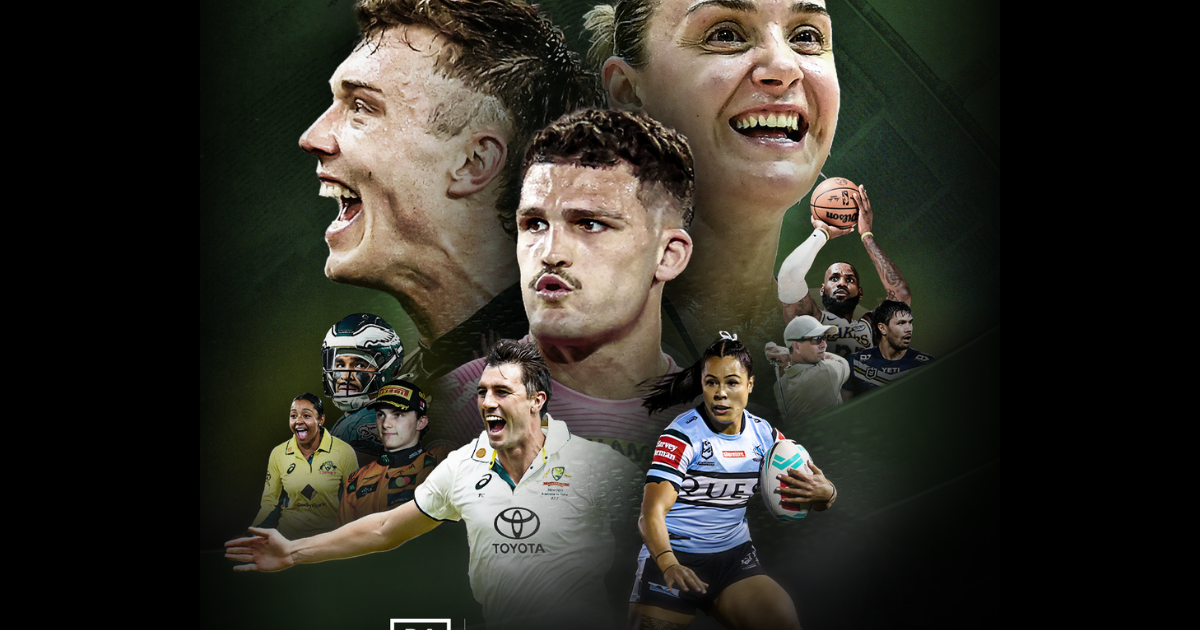‘You’re fighting on your own’: Focus on combating racism in community sport

- by Admin
- October 10, 2024
Matildas veteran forward star Kyah Simon experienced racism at various points across her life, both on a football pitch and in everyday life.
The now 33-year-old, who plays for Sydney FC, said many different factors play into how moments of racism can impact an individual, including having an “everlasting” impact on a person’s psyche.
“It can affect your mental headspace and wellbeing, in terms of also then questioning yourself and who you are and the colour of your skin, and that feeling of, you know, potentially not being a certain way or what society frames as normal,” Simon said.
“So, I think it has that kind of deep impact.”
She said this is even more amplified when you’re younger and trying to find your feet in the world, your identity and who you are and what you want to be.
The comments come as numerous junior competitions across Australia have reported dozens of incidents of racism this year alone, according to the Australian Sports Commission (ASC).
To help tackle this ASC, in partnership with Reflect Forward which Simon is an ambassador of, has developed a course to help community coaches, umpires, participants and volunteers deal with incidents of racism in the moment they occur.
Kyah Simon is a key forward for ALW club Sydney FC. (AAP: Dan Himbrechts)
The course named, Dealing with the moment: Anti-racism in community sport, is a practical way to support grassroots sports to improve, said ASC CEO Kieren Perkins.
It guides participants through how to respond in the first 60 seconds after an incident occurs and advocates for treating racist incidents with the same seriousness as physical harm by pausing activity.
“While we absolutely must stamp out racism and ensure that everyone feels welcome in sport, we also need to support our community clubs to help address these incidents and help create a teachable moment so those involved can be educated and learn from it,” Perkins said.
Reflecting on her own past experiences, Simon said it was important to have people equipped to deal with incidents when they happen to take the pressure off the victim having to speak up or stand up for themselves, which can contribute to feelings of isolation.
“This initiative is to give people the techniques and the knowledge of what to do when racism does occur, so then you can alleviate a bit of that feeling of isolation and alienation off the victim a little bit more and [they can] feel well supported in that moment,” Simon said.
“So then it’s not just a fight that you’re fighting on your own.”
Simon said kids are sponges of their environment and the problems of racism within society go much deeper than in sport alone.
However, the veteran Matilda said community competitions were a great place to support them with their dreams, goals and aspirations in a safe environment.
“We’re only scratching the surface with trying to stamp this [racism] out at a community support level, but I think it’s a great place to start because we have such a multicultural country here in Australia but also especially in sport,” Simon said.
“And that’s the thing is, we want to make sport an inclusive environment that doesn’t discriminate against anyone … where kids aren’t being afraid to say where they come from or who they are, or what their background is, or their culture, but creating that inclusive environment for everyone.
“[So that], you’re just playing the sport because you love sport and it’s not because of where you come from or who you are.”
The Latest News
-
December 23, 2024Freedom Boat Club Announces its 10th Australian Location with its Newest Location Offering Direct Access to the Iconic Brisbane River – Marine Business News
-
December 23, 2024‘I felt horrible’: How Brett Lee went from an ill-fated threat to Test stardom in four balls
-
December 23, 2024China and India Are the Biggest Tourism Market for Victoria As This Australian City Attracts International Tourists with Sports Tourism – Travel And Tour World
-
December 23, 2024Christmas comes early for several Aussies after last-minute dash for tour status – Australian Golf Digest
-
December 23, 2024Shami ruled out of Test return in Australia | cricket.com.au





